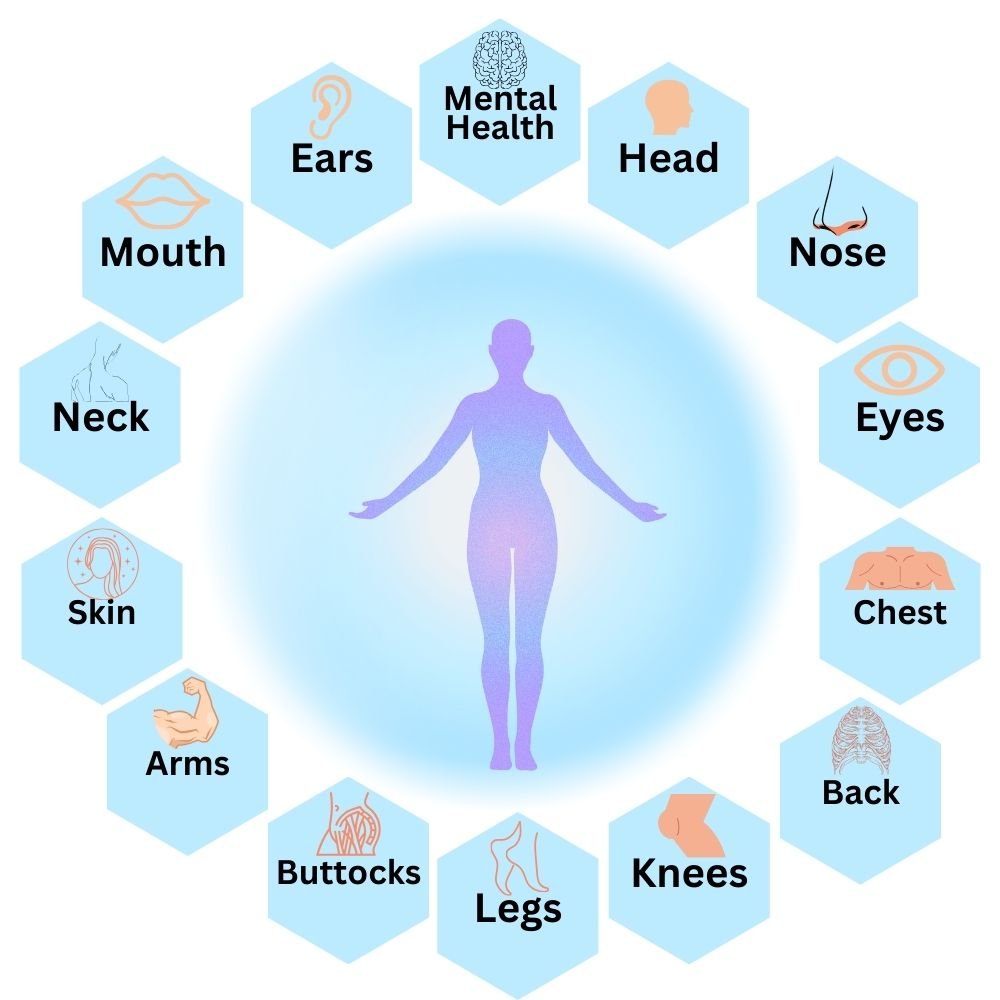Heel pain can be a debilitating condition affecting individuals of all ages and lifestyles. Whether it’s due to overuse, injury, or underlying medical conditions, heel pain can significantly impair mobility and quality of life. Understanding the reasons behind heel pain, effective treatment options, and preventive measures is essential for managing this common ailment.
Post Views: 29










